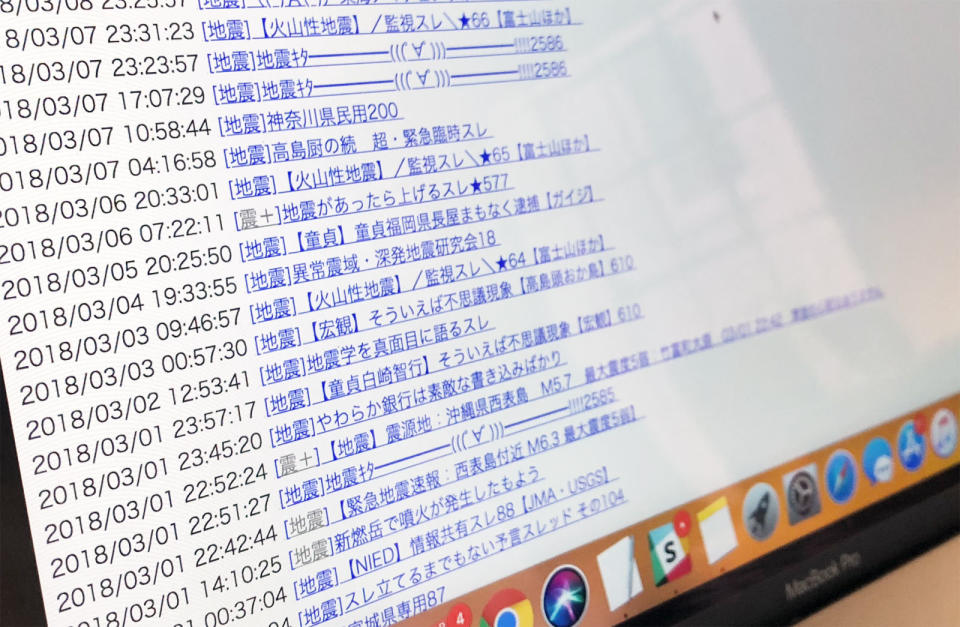Japan tells netizens to stop confusing the olds with internet slang
The Agency for Cultural Affairs felt the need to issue guidelines on clear communication.
Sure, internet-speak can be confusing, so older folks oftentimes can't understand WTH younger users are trying to say. The problem is apparently much worse in Japan than it is here, however, because the government itself has decided to weigh in. Much to the amusement of many netizens, the Agency for Cultural Affairs has issued a report asking people, in effect, to knock off the crazy emojis and slang.
The report keys in on what the government considers the overuse of emojis and the misuse of internet acronyms like "TL;DR." Japan, of course, has it's own slang, such as "orz," in which the letters form a pictogram to represent someone bowing in apology, as Soranews helpfully illustrates.
As many folks point out, however, nobody uses some of the examples mentioned in the report, like "おK," which means "OK" (they just say "OK"). Commenters thus roasted it, asking "is this a headline from ten years ago?" and "haven't we been using [this slang] for like the last 15 years?"
To be fair, the aim of the report was to keep such communication out of the workplace and is timed for the upcoming graduation of many students into the workforce. You might think that it would be fairly obvious to keep your "AFs" and "TBHs" out of formal communication, but this is a problem that has been going on for a while.


